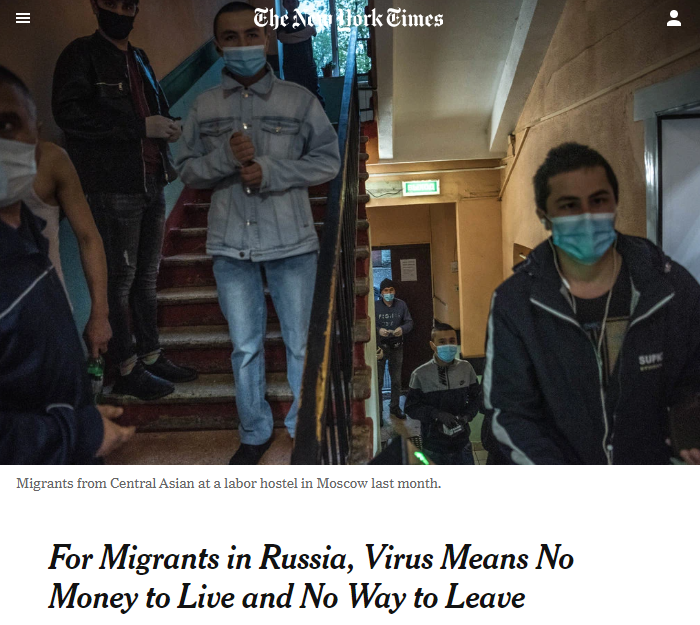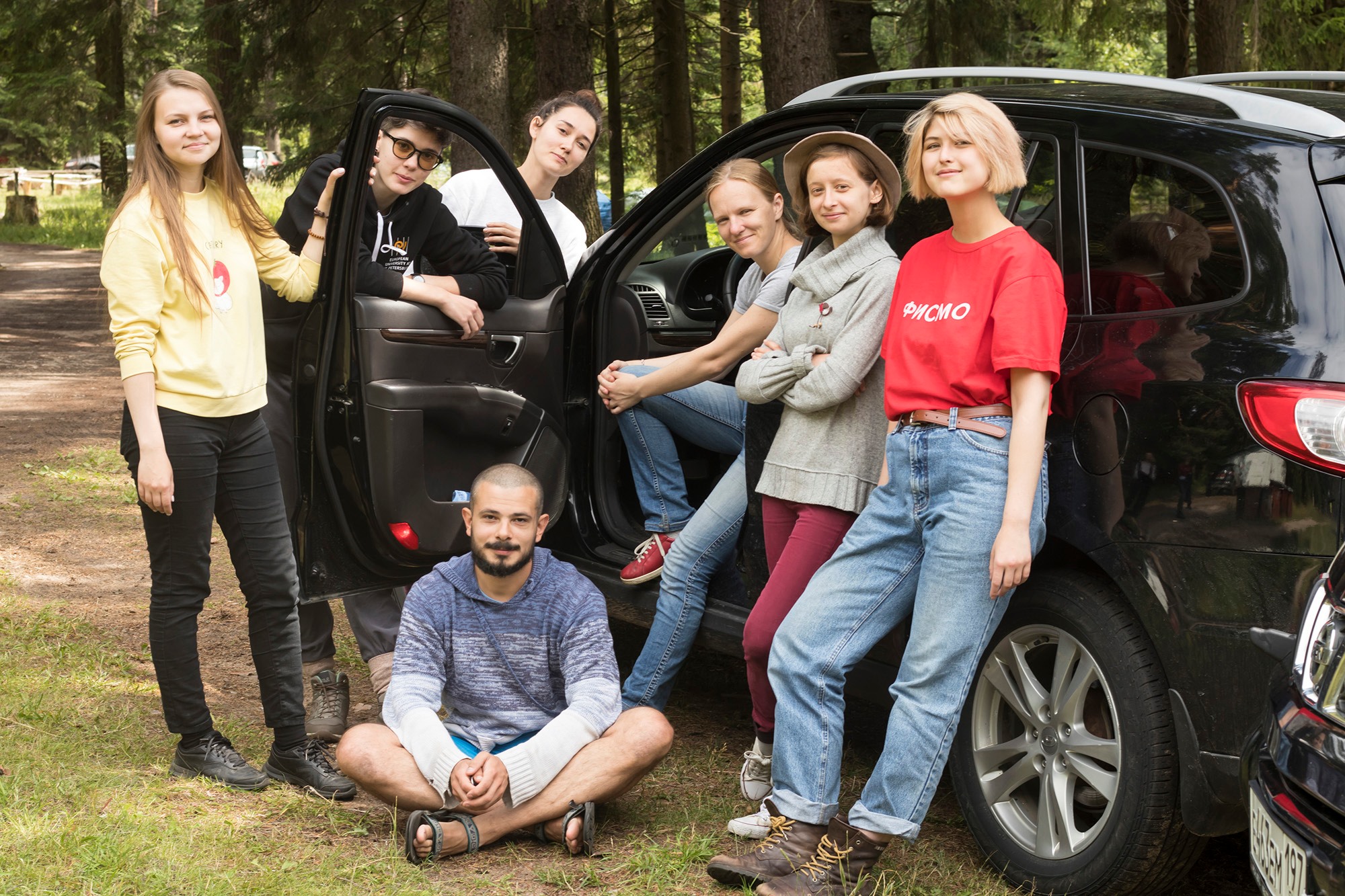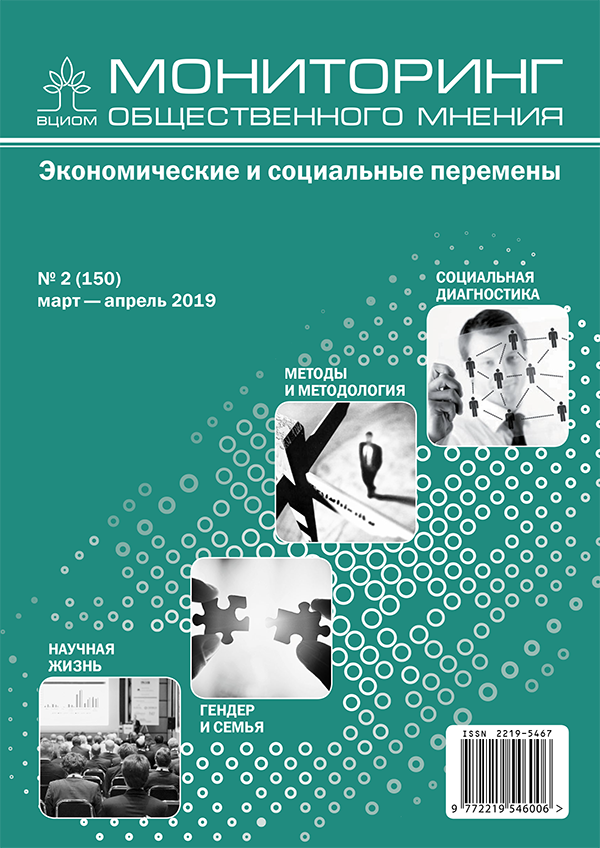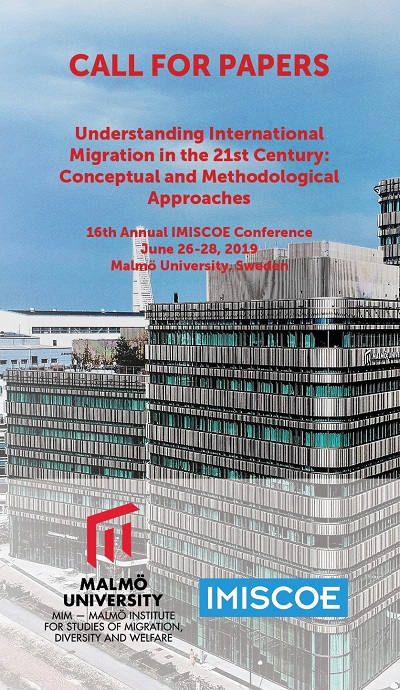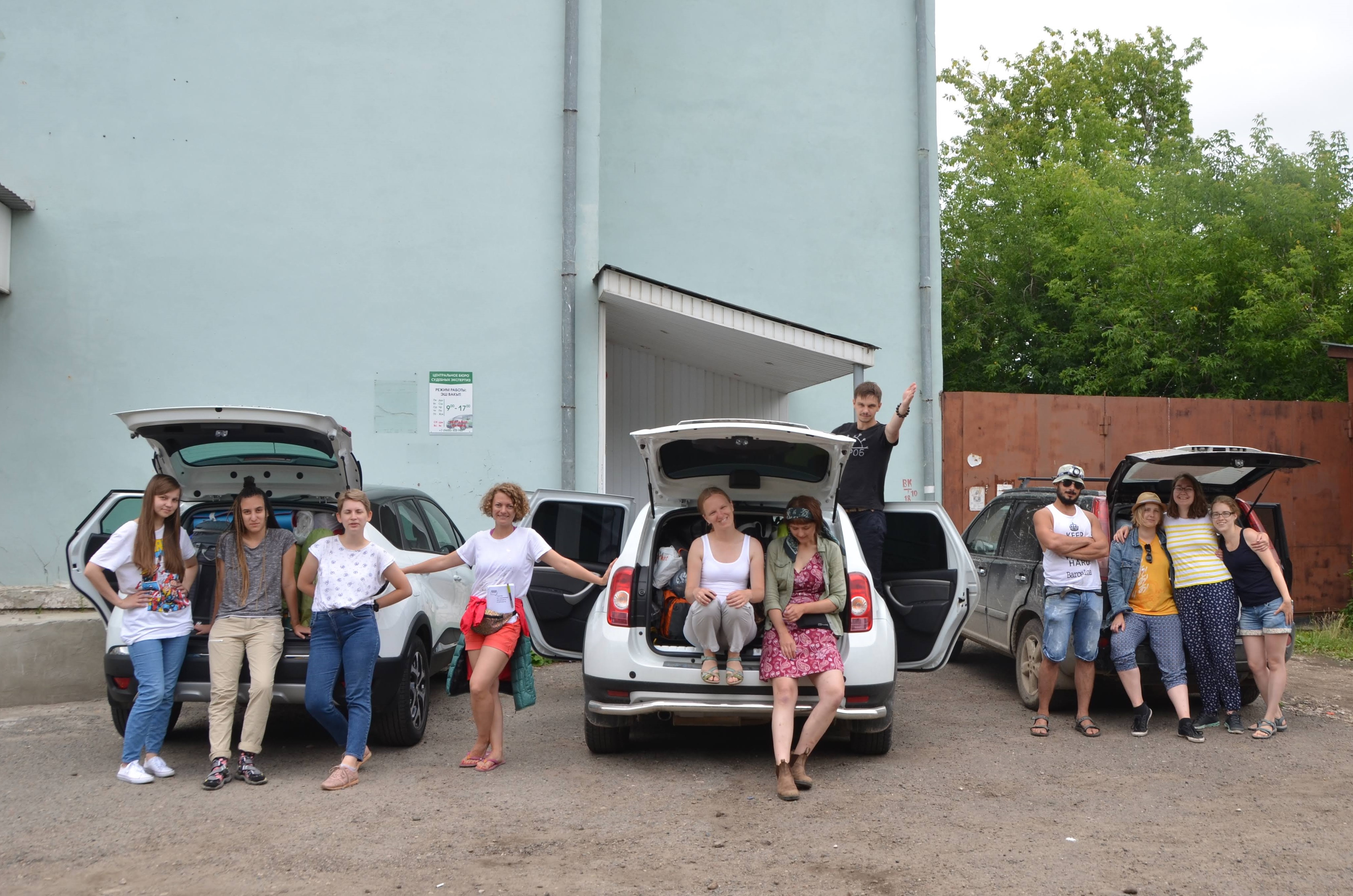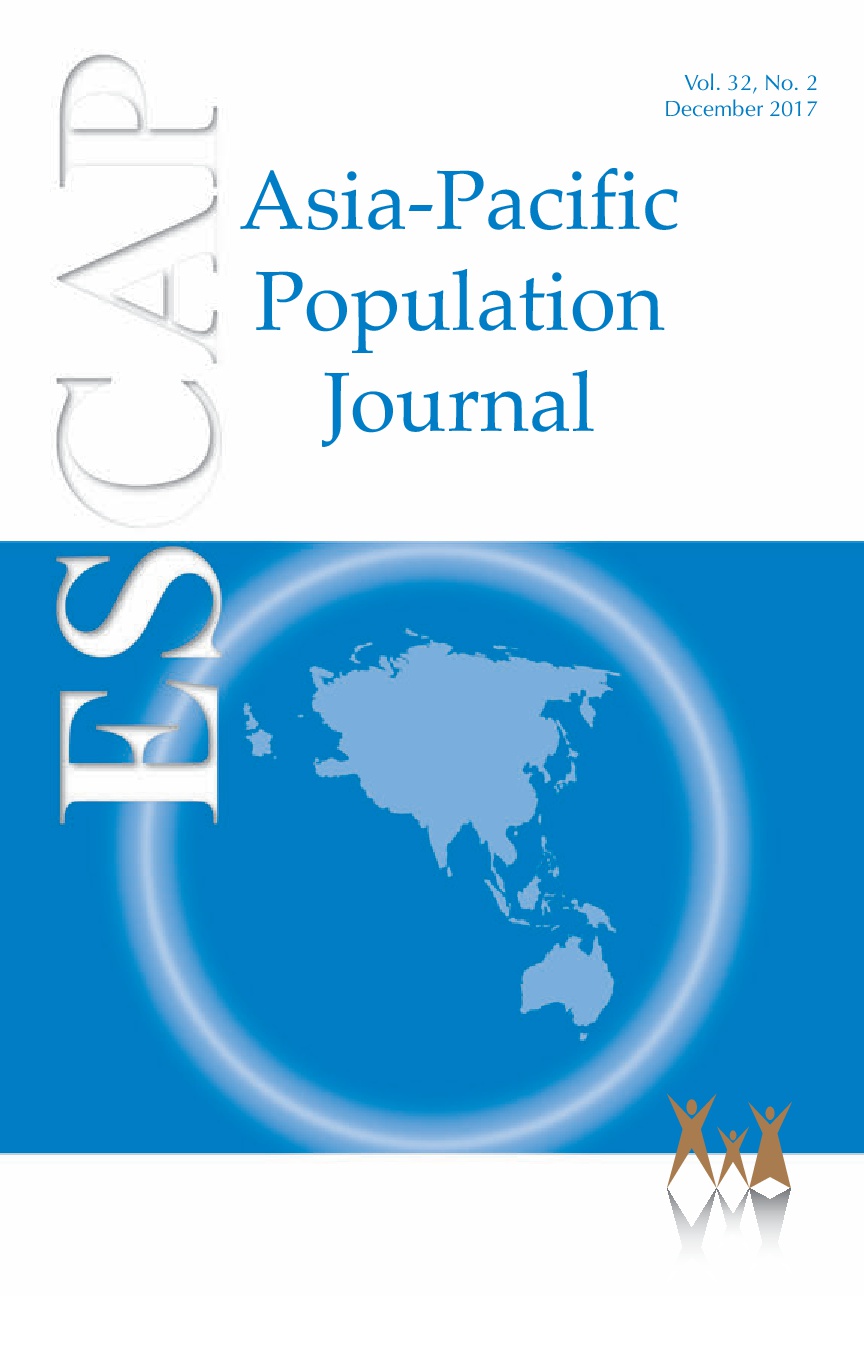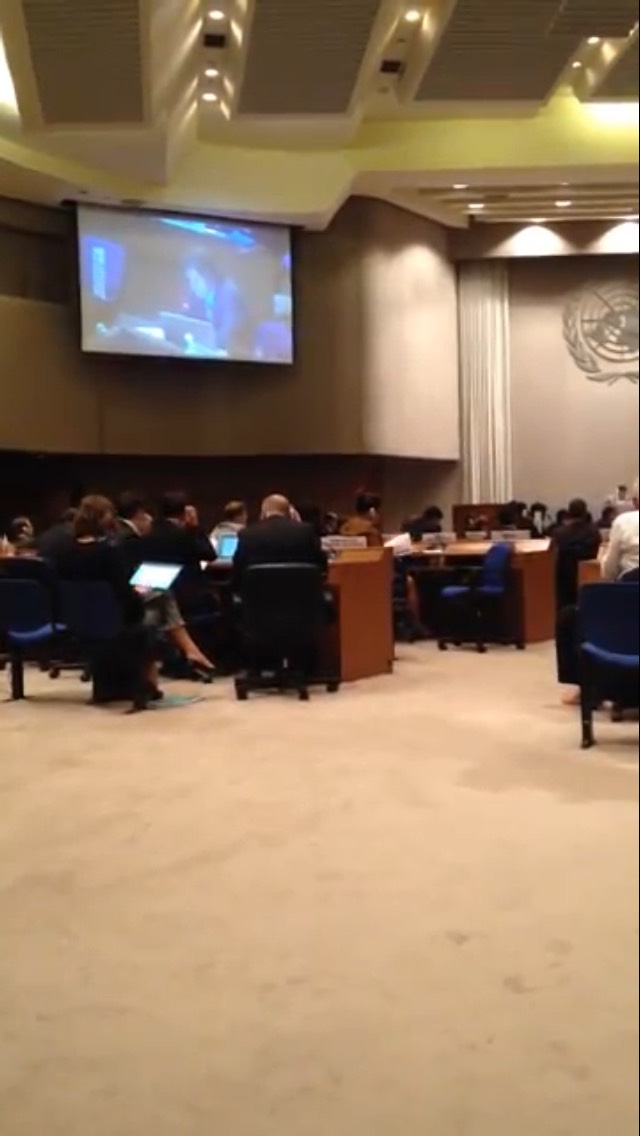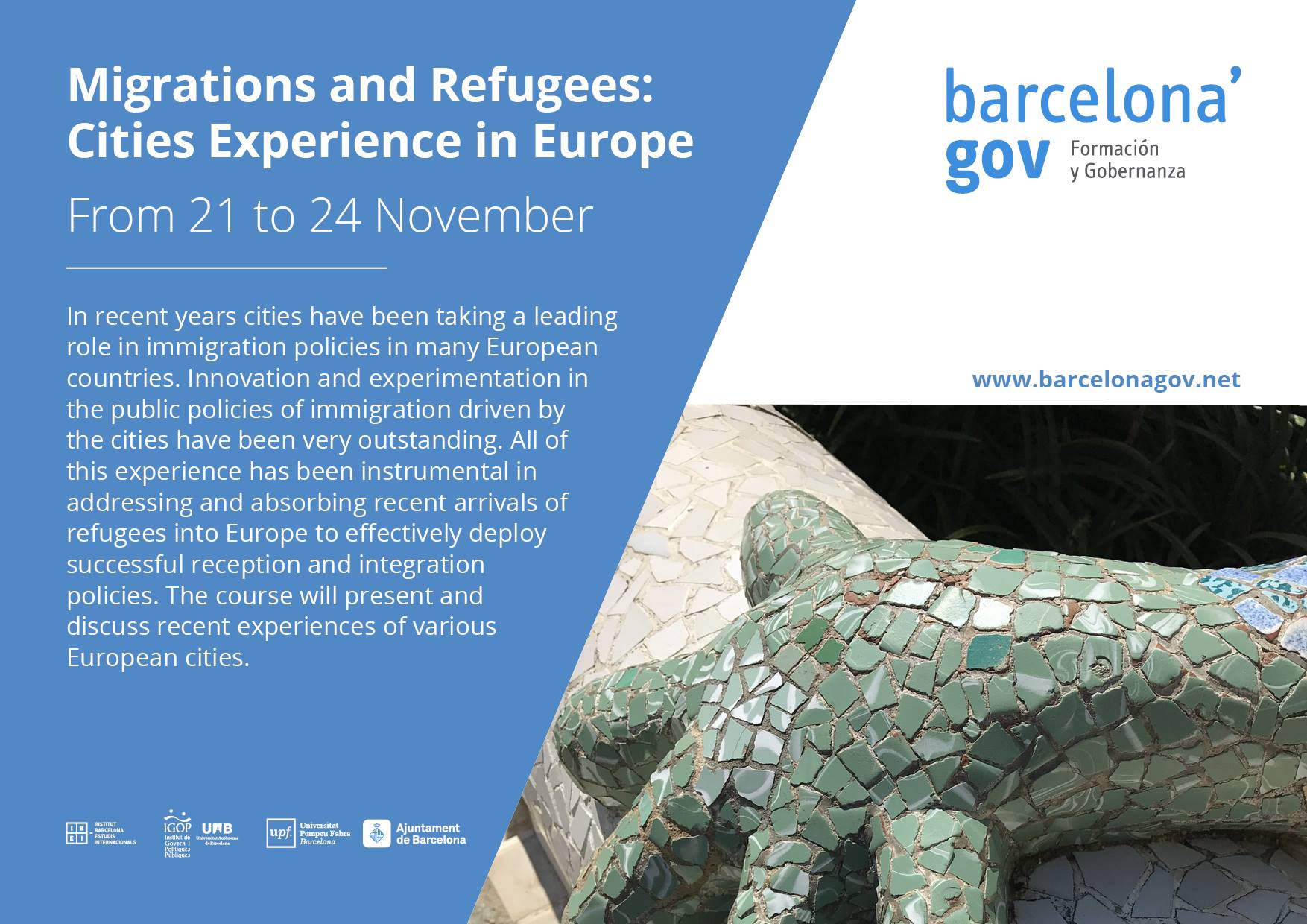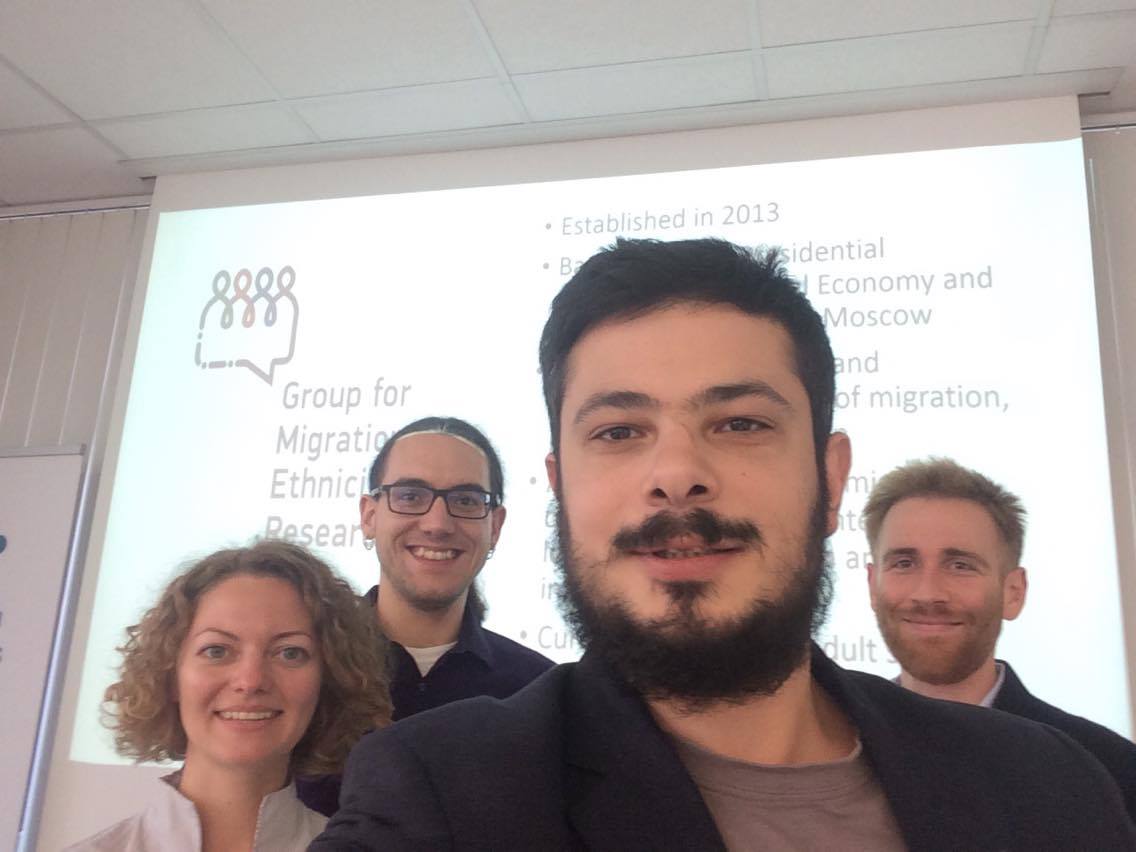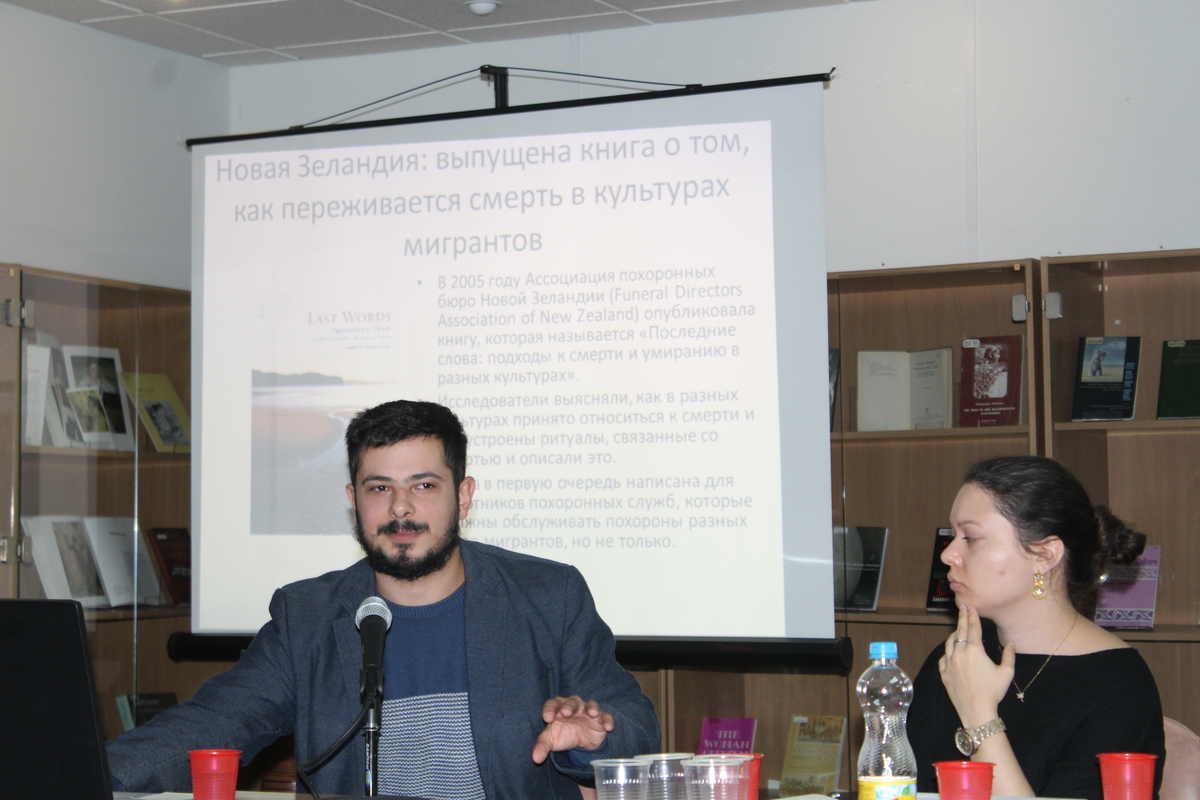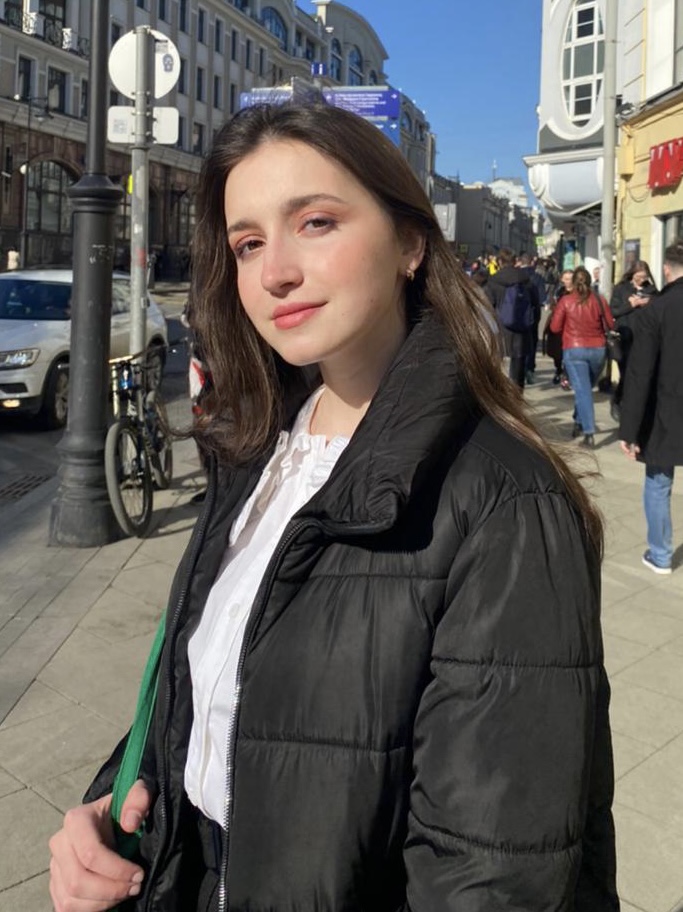Call for participation: Panel Session
Youth with Migrant Background in ‘Old’ and ‘Emerging’ Destinations
at IMISCOE 2019 (June 26-28, 2019 in Malmö)
Dear colleagues,
We invite you to participate in the research panel on the youth with migrant background in various settings, which we are planning to organize at the Annual IMISCOE conference which will be held in Malmö, Sweden in June 26-28, 2019.
The two main sets of factors shaping trajectories of the youth with migrant background in the destination countries can be designated as ‘context of reception’ and ‘characteristics of migrant families’. Presumably, established ‘immigration countries’ will have a different story of integration of youth with migrant background in comparison with the ‘emerging migration magnets.’ At the same time, the larger share of theoretical literature on the youth with migrant background has been created on the basis of research in the ‘classical’ immigrant receiving states, first of all – USA. To what extent does it remain relevant for other contexts, such as ‘emerging migration magnets’? To address this question, at this research panel we aim at bringing together scholars working on a wide array of topics related to the integration paths of the youth with migrant background (2nd generation, generation 1.5, etc) in a variety of settings – ‘classical’ as well as ‘emerging’ immigrant receiving states, rural and urban contexts. We also encourage scholars to look at the various temporal dimensions – nowadays as well as 100 years ago. Possible topics include but are not limited to the educational and labour market aspirations and trajectories of the youth with migrant background, their social ties and transnational practices, marriage and romantic relations, citizenship and belonging, parenting cultures and gender relations, values and norms, identification and religion.
The requirement of the IMISCOE conference organizers implies inclusion of the paper proposals together with the panel proposal. Thus, if you would like to participate in the panel, please, send us the abstract of about 250 words with the name and affiliation no later than November 23rd. This timeframe will allow for your individual submission, in case we are not able to include your paper in the session. The email for abstract submission and any related questions is center.migration.ethnicity@gmail.com.
Best regards,
Evgeni Varshaver and Anna Rocheva
Group for Migration and Ethnicity Research
RANEPA



